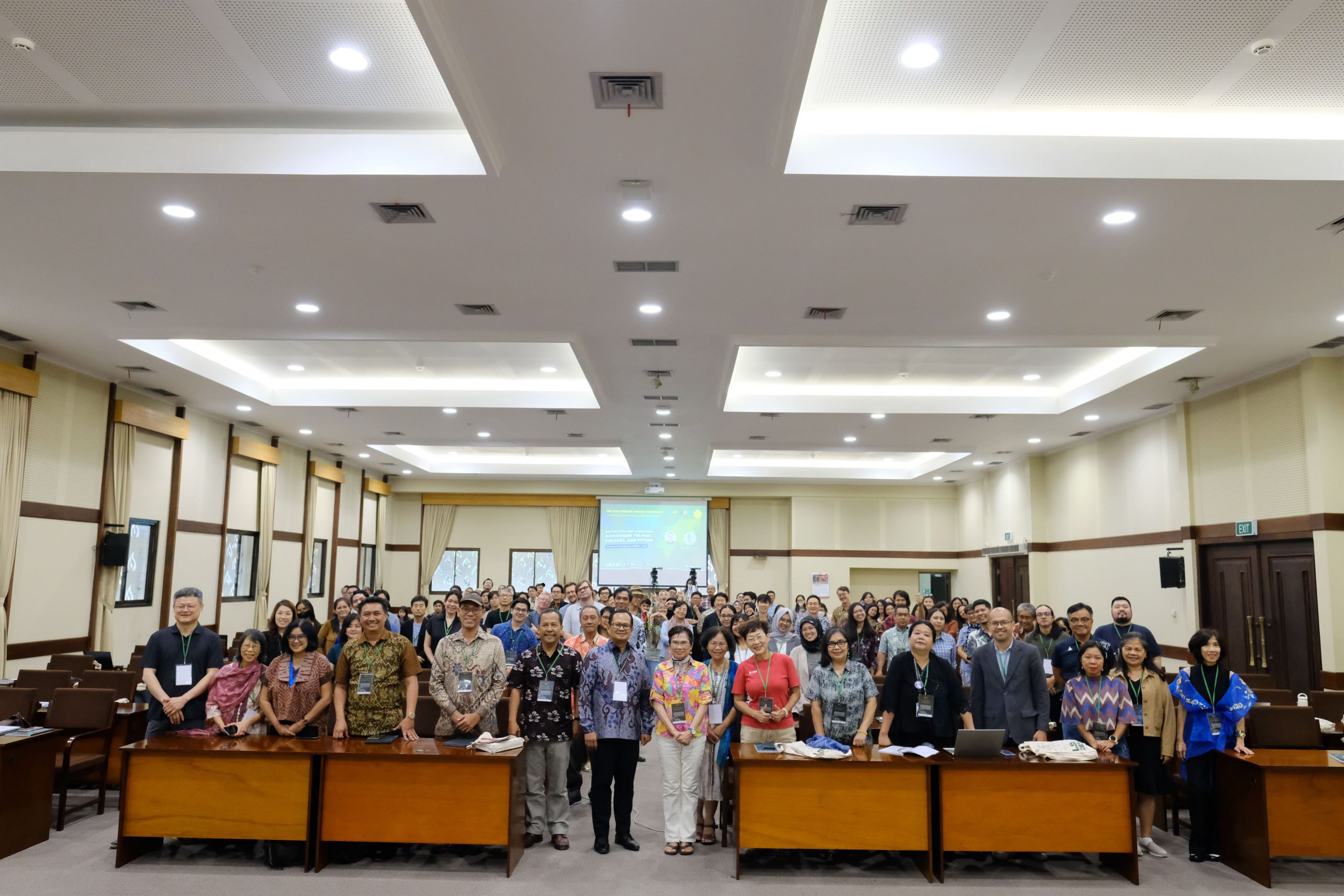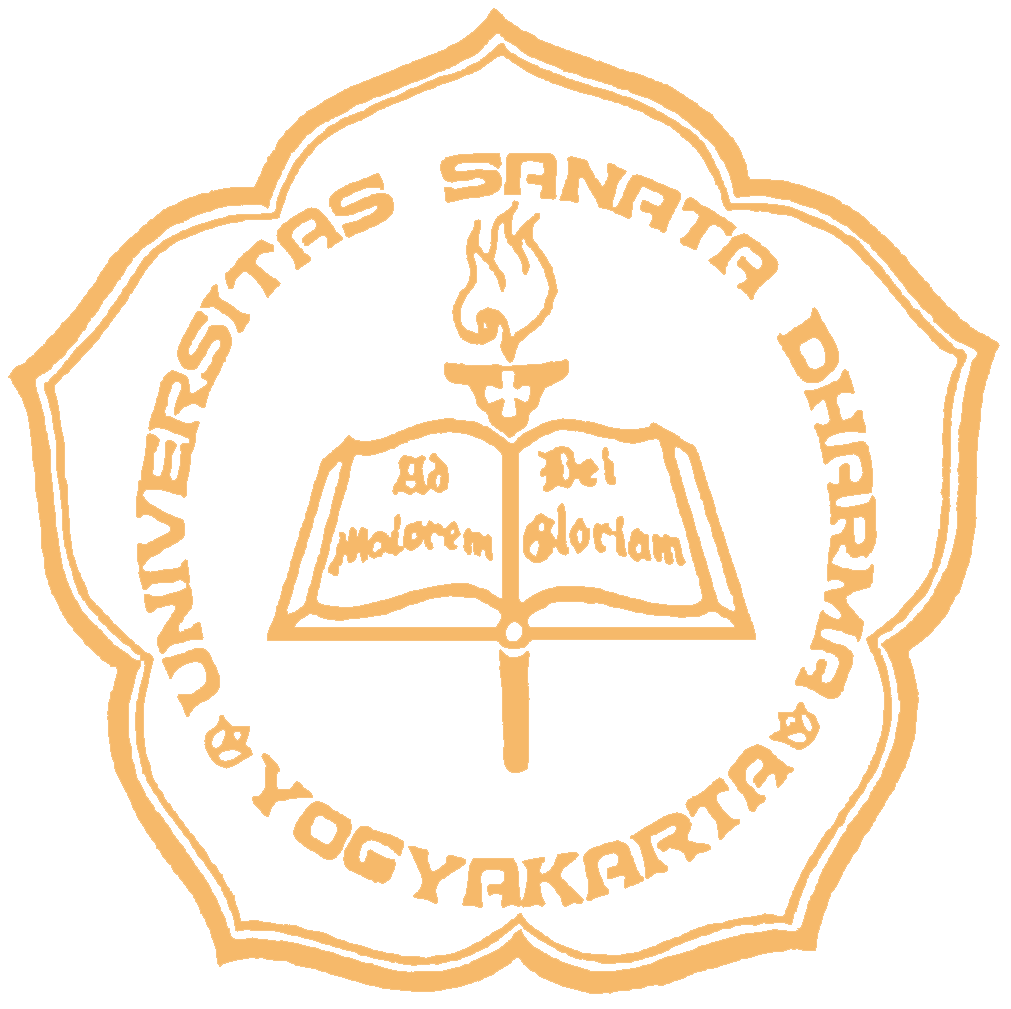Beyond Boundaries: Highlights from the 11th LSC 2023
The 11th Literary Studies Conference (LSC) has made a grand return, taking place on the 3rd and 4th of October 2023 at the Driyarkara Venue and Sastra Building of Universitas Sanata Dharma. Exploring the evocative theme “Geopolitics & Literature: Reimagining The Past, Present, & Future,” the conference was a collaborative effort between the English Letters Department and English Language Studies of Universitas Sanata Dharma, Ateneo de Manila University the Philippines, and the Critical Island Studies (CIS) Consortium.
As the world grapples with challenges from the Covid-19 pandemic to geopolitical upheavals, LSC 2023 carved out a space for intellectual exchange, further enriched by a special section dedicated to “Deleuze and Archipelagic Thoughts,” which sheds light on the complex interconnections that shape our global landscape.
With topics ranging from Colonialism and Postcolonialism to Film and New Media, the LSC 2023 set out to address geopolitical dynamics and their implications on language, literature, and culture. The University President, Fr. Albertus Bagus Laksana, S.J., S.S, Ph.D., and the committee chairperson, Diksita Galuh Nirwinastu, M.Hum., cordially welcomed the participants, establishing a conducive atmosphere for two days of dynamic intellectual exchange.
The conference served as an integration platform for a diverse range of ideas and cultures, with a total of 123 presenters and attendees coming from 10 different countries and representing 51 institutions. It featured two distinguished keynote speakers on its opening day. The topic of “Affect and Becoming” was explored by Dr. Ian Buchanan from Wollongong University, Australia. Following him, Dr. Dalan Mehuli Perangin Angin from Sanata Dharma University offered insights into the future of the Moi Language in the Makian Island, Malifut Sub-district, North Maluku Province, Indonesia.
Catching the day’s spirit, Maria Socorro Perez, a presenter from the Philippines, remarked, “The vibe for today’s event is stimulating, intellectually stimulating.” The sentiment was echoed by Nathan, a student from Ateneo de Manila, who drew an engaging parallel, noting that the vibe was reminiscent of “beehives” with “everyone busy exchanging ideas, cross-pollinating concepts and ideas.”
As the event neared its end, reflections from Mr. Evgeny Blinov, a professor from Tyumen State University, Russia, shared insightful reflections on language policy. He found it particularly enlightening to learn about the diverse languages in Indonesia, their interactions, and the stat e’s efforts towards protecting minor languages. His perspective on Indonesia’s potential was encapsulated in his words, “I think Indonesia will find its own place in this new global world. I hope this world will be much more plural. It will not be centered only on Europe and North America.”
The 11th LSC certainly left a lasting impression, revitalizing the discussion surrounding the intersection between geopolitics and literature. As participants and scholars disperse, they take with them new insights, perspectives, and a renewed hope for the future of literary studies amidst a shifting geopolitical landscape.
(LSC Team)


